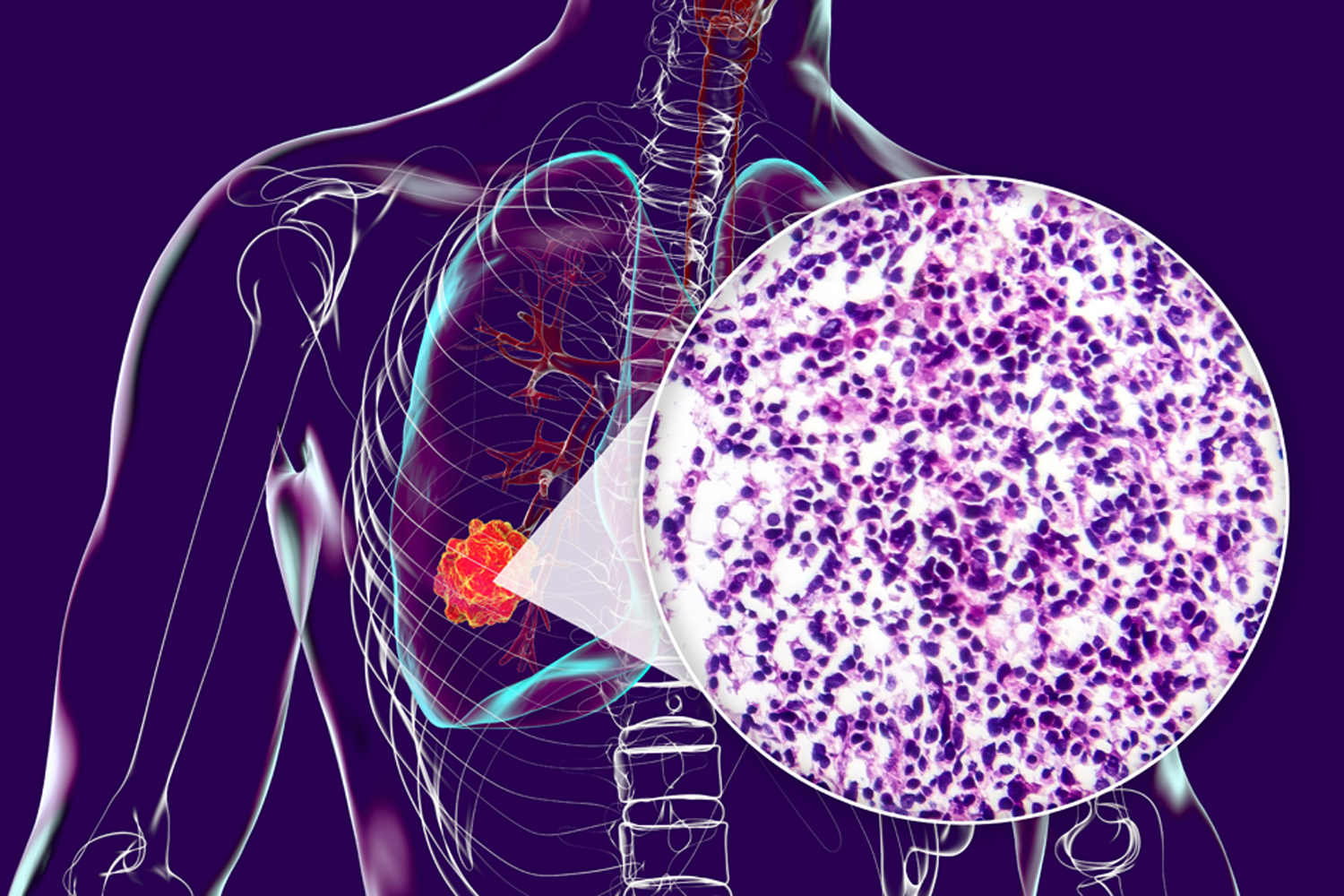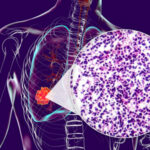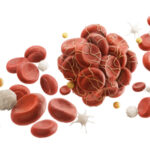-
The Enduring Importance of Cancer Disparities Research
Opening session from AACR conference highlights how perseverance and adversity have informed cancer disparities research over the years.
by Eric Fitzsimmons
-
From the Editor-in-Chief
Reducing Ovarian Cancer RiskResearchers examine whether removing the fallopian tubes could help prevent ovarian cancer.
by William G. Nelson, MD, PhD
-
Forward Look
A Combination Approach for EGFR-positive Lung CancerTwo targeted therapies used together extend survival for advanced non-small cell lung cancer but come with side effects.
by Darcy Lewis
-
Forward Look
A Safer Way to Prevent Blood ClotsA lower-dose blood thinner reduces bleeding risk while still protecting against blood clots.
by Ashley P. Taylor
-
Forward Look
Reducing Sexual Side Effects From Prostate Cancer SurgeryReal-time tumor analysis offers assurance to surgeons seeking to preserve nerves involved in erectile function.
by Carolyn Bernhardt
-
Forward Look
Improving Breast Cancer Outcomes After SurgeryAntibody-drug conjugate improves survival in people with early-stage HER2-positive breast cancer who have residual disease.
by Susan Kreimer
-
Forward Look
Cancer ‘Fingerprint’ Drives Vaccine DevelopmentA vaccine based on a tumor’s unique genetic mutations leads to lasting immune response in locally advanced kidney cancer.
by Christina Szalinski
-
The HER2 SHIFT
Antibody-drug conjugate provides an additional treatment option for people with HER2-low breast cancer.
by Kendall K. Morgan
-
Sound Advice
Does cancer treatment cause skin side effects?Patients often experience redness, itchiness, dryness and rashes, but they can take steps to prepare their skin for treatment.
-
Facts and Stats
A Shifting Cancer BurdenWomen, especially those younger than 50, are being diagnosed with cancer at an increasing rate.
by Thomas Celona
Cancer Talk
Lessons From 20 Years Living With Cancer
Multiple myeloma survivor Jonathan Gluck reflects on uncertainty, and the scientific progress that has kept him living with cancer for more than two decades.
by Eric Fitzsimmons
The Enduring Importance of Cancer Disparities ResearchOpening session from AACR conference highlights how perseverance and adversity have informed cancer disparities research over the years.
by Eric Fitzsimmons
Most Cancer Survivors Don’t Meet Healthy Diet GoalsDespite research linking fruits and vegetables to cancer survival, many people do not change their eating habits after diagnosis.
by Darlene Dobkowski
Many People Don’t Get Colonoscopy After Receiving Abnormal Blood TestsAbout half of people who receive abnormal results from colorectal cancer screening tests don’t follow up with a colonoscopy.
by Laura Gesualdi Gilmore















